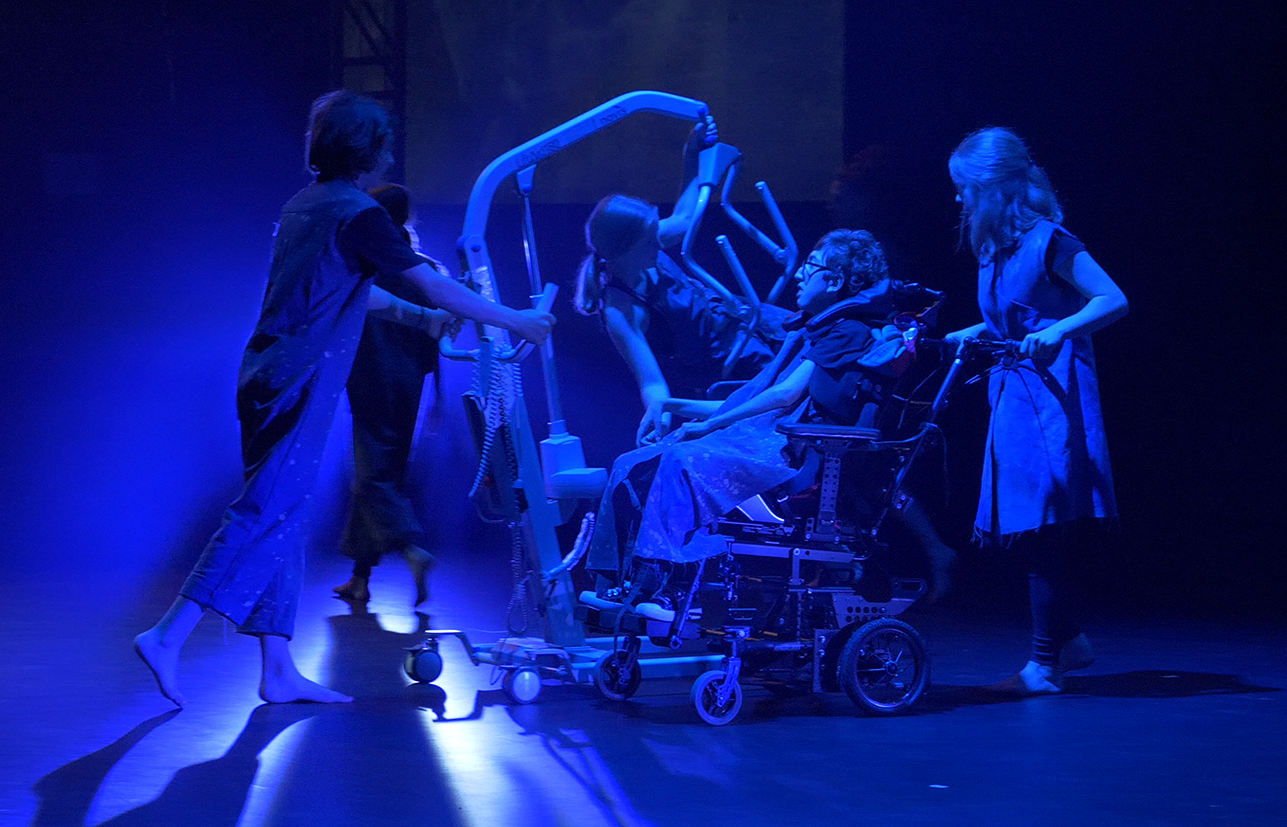Search
Research
Parsing the heterogeneity of social motivation in autismSocial motivation is posited as a key factor in the expression of the autism phenotype. However, lack of precision in both conceptualization and measurement has impeded a thorough understanding of its diverse presentation and associated outcomes. This study addresses this gap by identifying subgroups of autism characterized by deficits in distinct facets of social motivation, relative to normative benchmarks.
Research
Autism Early Intervention Providers: Their Priorities, Use of Empirically Supported Practices, and Professional Development NeedsAutism early intervention research has indicated a research-to-practice gap, including continued use of practices with inadequate research support, and insufficient use of empirically supported practices. The present study explored the processes and mechanisms through which providers working with young children on the autism spectrum learn, select, and implement the various practices in their clinical repertoires.
Research
Establishing the lowest penicillin concentration to prevent pharyngitis due to Streptococcus pyogenes using a human challenge model (CHIPS)The in-vivo plasma concentration of penicillin needed to prevent Streptococcus pyogenes pharyngitis, recurrent acute rheumatic fever, and progressive rheumatic heart disease is not known. We used a human challenge model to assess the minimum penicillin concentration required to prevent streptococcal pharyngitis.
Research
Delayed airway epithelial repair is correlated with airway obstruction in young adults born very pretermNasal epithelial cells from young adults with a history of very preterm birth show delayed closure following scratch-wounding. Repair correlated with lung function, suggesting epithelial barrier integrity may play a role in preterm-associated lung disease.
Research
The need for community-controlled tools to monitor health impacts of housing and living conditions in AustraliaWe explore the contemporary landscape of housing investments and initiatives seeking to improve health outcomes among Aboriginal and Torres Strait Islander people in Australia, as well as the dearth of quality evidence and agreed approaches to evaluation.
Research
Fathers’ Self-Compassion and Child Attachment Quality: Testing a Sequential Indirect Effect via Emotion Regulation Difficulties, Loneliness and psychological distress in two paternal samplesSelf-compassion has emerged as a promising treatment target to promote healthy parent–child relationships, though mostly in maternal samples. The mechanisms through which self-compassion may optimise the father-child relationships are not yet well-established.
Research
The National Paediatric Applied Research Translation Initiative (N-PARTI): using implementation science to improve primary care for Australian children with asthma, type 1 diabetesGeneral practice-based care for Australian children is facing low levels of clinical guideline adherence particularly in three key areas: asthma, type 1 diabetes and antibiotic use. We offer an implementation science-informed position paper, providing a broad overview of how we aim to address this issue.
Research
Subnational tailoring of malaria interventions to prioritize the malaria response in GuineaIn the context of high malaria burden yet limited resources, Guinea's national malaria programme adopted an innovative subnational tailoring approach, including engagement of stakeholders, data review, and data analytics, to update their malaria operational plan for 2024-2026 and identify the most appropriate interventions for each district considering the resources available.
Research
Bereaved parent involvement in co-designed stillbirth research: Experiences of Project EngageWhile benefits of involving consumers in research are well established, bereaved parents face unique challenges, and descriptions of their experiences with co-designed stillbirth research are lacking. The collective experience of ‘Project Engage’ involved co-designing resources to support bereaved parents’ involvement in research.

A quality of life tool developed by disability researcher Jenny Downs is helping to reveal the difference specific interventions can make to the lives of children and families living with disability.
